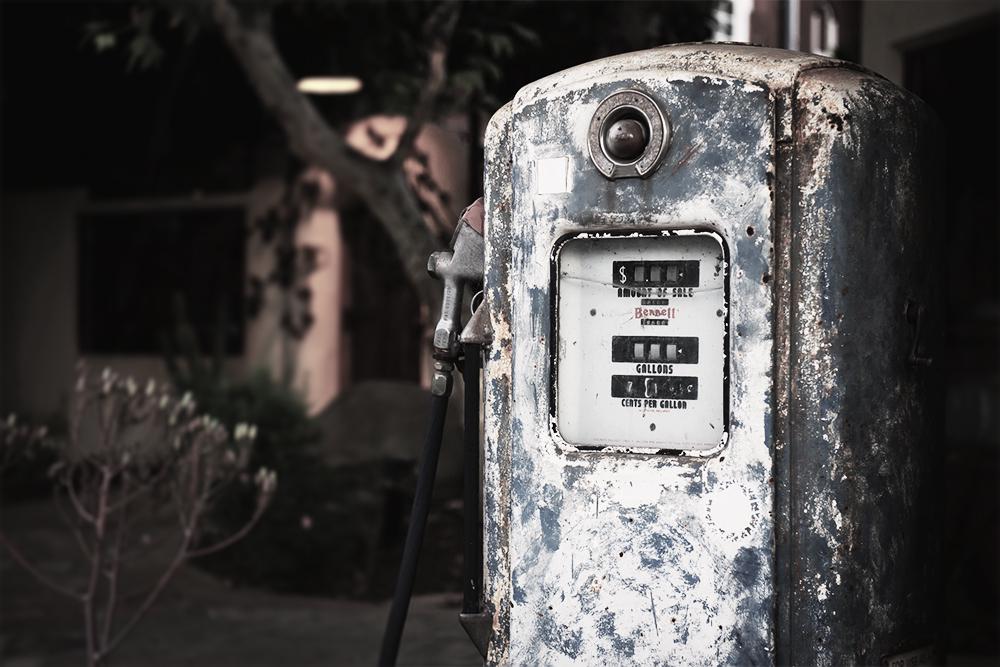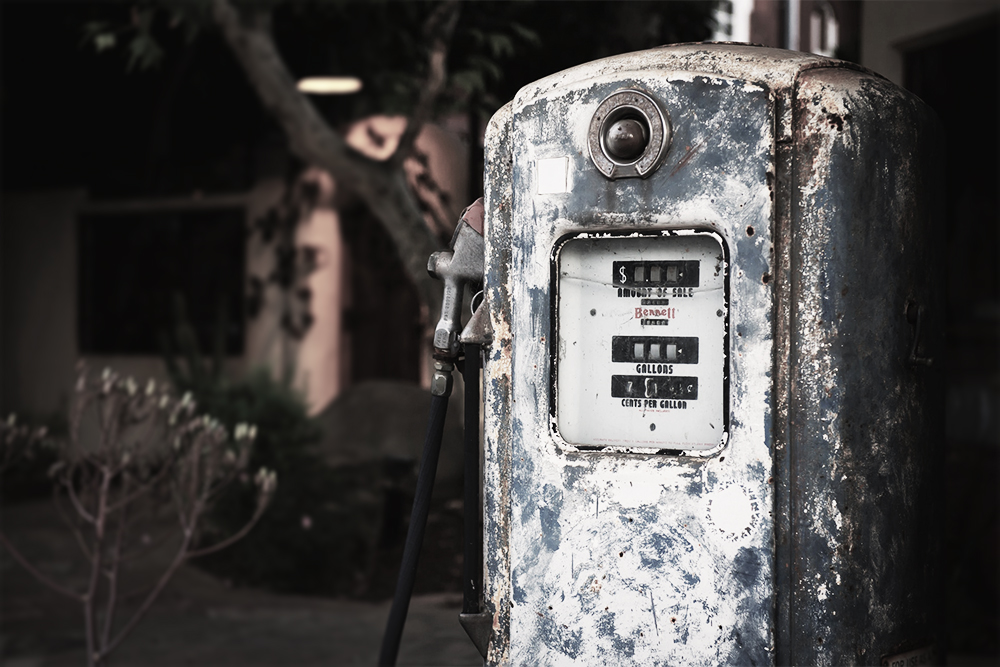Regulators around the world are gearing up for a highly competitive battery storage market as more oil companies predict that electric cars are bound to be the next big thing.
About a month ago, a United States agency sent a signal that clearly revealed that fossil fuels had no future.
Of course, the carbon-powered economy has been ailing and is on the verge of death. In fact, the signal comes at a time when its killer—the storage battery, is on its upward spiral.
Apparently, the Federal Energy Regulatory Commission has proposed that by 2020, energy storage companies like Tesla Inc. and AES Corp. should be allowed to compete against conventional power plants currently operating within the U.S. wholesale markets.
Joel Eisen, a specialist energy law professor based at the University of Richmond said “this is a watershed event” that could be compared to the period when regulators ventured into the telecommunications industry during the 1970s with declarations that birthed the digital era when computers were allowed to access phone lines.’
Home battery storage
Home batteries, which were once restricted to powering small household devices like watches and remote controls, are set to power things considered critical to our day-to- day lives including cars, smartphones, and entire homes or offices. Thankfully, Big Oil companies are ready for transition.
During the CERAWeek coordinated by IHS Markit, an annual conference held in Houston and which attracts some of the biggest names in the world of fossil fuels, executives found time to discuss batteries, twice!
“The question is no longer if batteries will disrupt the power sector,” IHS stated in one of its descriptions during a discussion, “but rather how much and how fast?”
So here are the three main forces behind the battery storage craze, and which every executive needs to know:
Electric Vehicles
In the recent past, discussions have been rife about the potential of lithium-ion batteries (they are designed to be durable, energy-dense and quick to recharge), to mark the end of age for fossil fuels.
Currently, about 3 million electric vehicles manufactured by companies like Tesla, General Motors Co. as well as Warren Buffet in conjunction with BYD Co. come with gasoline tanks.
Forecasts indicate that by 2040, electric cars powered by batteries will overtake those fuelled by gasoline. According to other estimates, the adoption of electric vehicles will reduce daily fuel demand by the transport industry by about 8.5 million barrels.
Gasping Gas
As storage batteries evolve into the energy markets, the natural gas’ solid reign seems shaky. As a matter of fact, natural gas produces around one third of the electricity supply in the United States.
The states of Arizona and California have their utilities such as Pinnacle West Capital Corp. and PG&E Corp. downing their tools in gas plants for renewables projects. The wind and solar farms are now utilizing power storage systems to store electricity and release it only when needed.
“Batteries are like bacon,” said Vibhu Kaushik, Southern California Edison’s director of grid technology and modernization, during the CERAWeek. “They just make everything better.”
According to a study by Brattle Group, the latest ruling by the energy commission is likely to deliver up to 50 gigawatts of electricity powered by battery storage in the U.S. market, adequate to light up over 6 million households.
It’s expected that by 2023, the growth in battery storage will become “more exponential than linear”, as noted by Alexandra Goodson of Saft, a battery manufacturer.
Prices expected to fall
The head of analysis for Bloomberg New Energy Finance, Albert Cheung noted that the energy storage revolution using batteries will only happen once the cost of Lithium-ion pack plunges to about half of the current prices. This will allow electric vehicles to effectively compete with gasoline-fueled cars.
Makers will also have to raise not only their manufacturing levels but also the production of raw material required for the storage batteries. Notably, the battery storage technology is dependent on incentives and policy mandates that exist in many of the markets.
All in all, the current battery costs have dropped and are only a fifth of their cost nearly a decade ago. And they are expected to plunge further.
Gas and oil firms and utilities have already predicted when cars and the grid will start to fully rely on battery storage. According to BP Plc, oil demand is likely to peak in the 2030s when millions of electric vehicles will hit the road, globally.
The CEO of Total SA, an oil and natural gas global giant announced at the recent CERAWeek that he already spins an electric car.
“‘We’re reaching an inflection point,” noted Steve Westly, Westly Group’s founder of sustainability venture capital firm and state of California’s former controller and chief fiscal officer. “In the future, people will talk about energy in terms of kilowatts per hour instead of oil per barrels.”



